

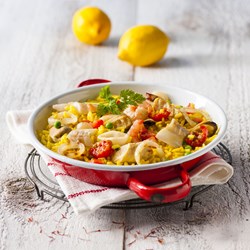
“It is always advisable to maintain a critical perspective on your own products and adjust them to contemporary needs where necessary”, emphasises Marijke Adriaens, CEO of frozen food company Fribona. “For consumers, taste is still the main consideration. It is essential to work towards a product that is, above all, tasty and visually appealing.” In addition to serving as CEO, Adriaens is also just over a year into her first term as president of BreMA, the sector federation for ready meal producers.
Based in Oostkamp, frozen food producer Fribona is mainly active in the social food service and B2B markets, but also supplies retail and hospitality clients as end consumers. In addition to private label products, the company offers two brands: TopCook and ReadyChef, which differ in terms of quality level. CEO Marijke Adriaens describes TopCook as top-quality, comparable to bistro standards, with premium ingredients in terms of flavour, colour and composition. One example are the pork and beef meatballs, oven-baked and served in a lightly spiced, rich tomato sauce with vegetables and white wine. The second brand, ReadyChef, is defined by five core values: health, convenience, enjoyment, appetite and gastronomy. An example? The ReadyChef chicken meatballs are cooked and served with a slightly lighter sauce but they are still delicious. “The raw ingredients cost less.”

Health
“Our goal is to adjust the recipes of all our preparations to be as clean-label as possible, meaning without flavour enhancers, using natural stocks and significantly reducing other additives (E numbers)”, Adriaens continues. “Moreover, we strive to use natural instead of modified starches.” But that’s not all. The salt content has been drastically reduced (>1.2 grams per 100 grams of finished product) and the sugar content has dropped considerably. “Wherever possible, we use natural sugars instead of dextrose. Margarines, palm oil and palm fat are being replaced by sunflower oil.”
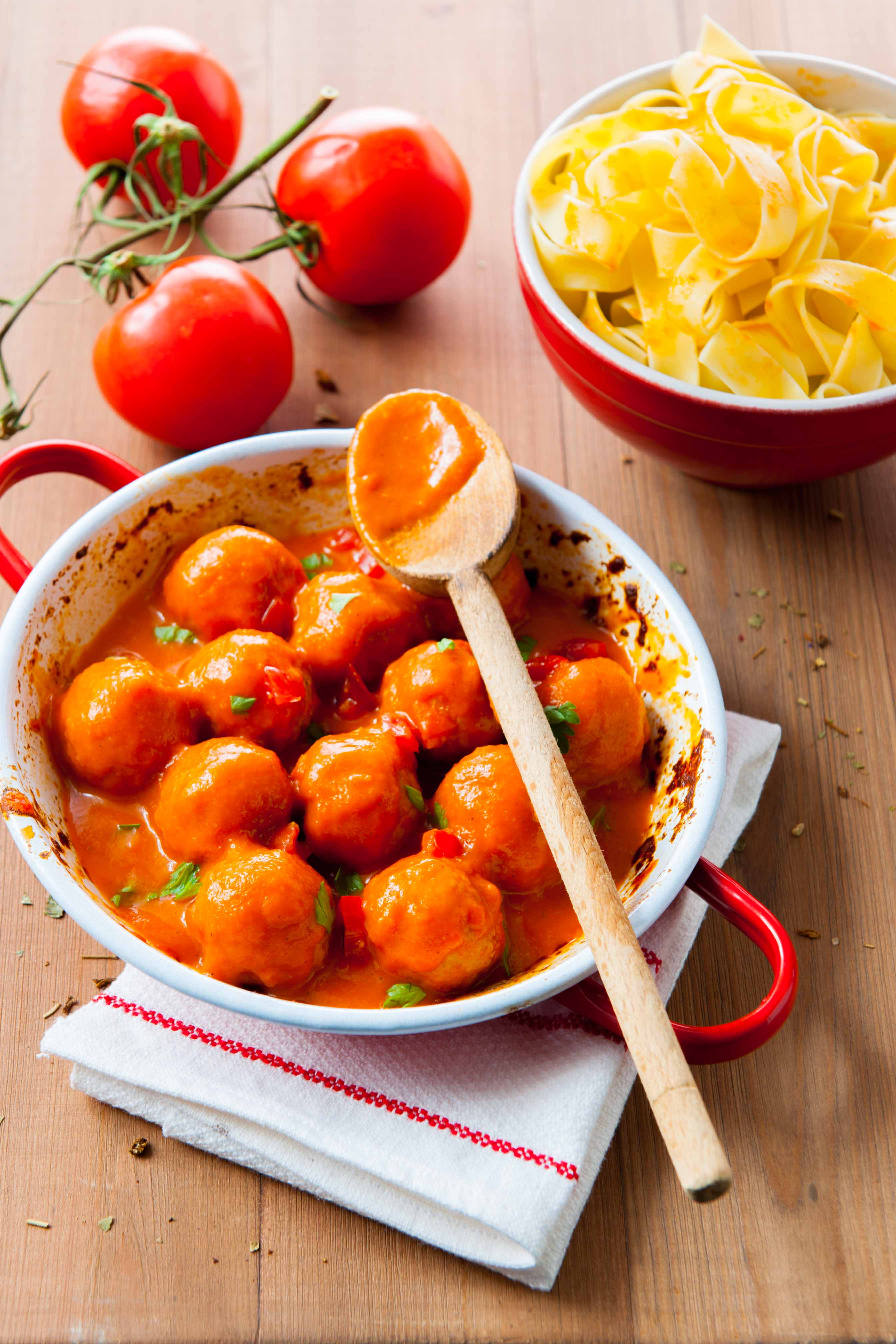
Gastronomy
For gastronomy, the Fribona CEO refers to production processes based on traditional cooking methods, with adaptations that meet contemporary standards. "We add more vegetables and ensure they retain their crispness. The product looks more appealing and colourful because we do not pasteurise it afterwards, enhancing the natural flavour and texture of the various ingredients. The sauces have been lightened and, unless explicitly stated, contain no alcohol while the balance between meat or fish, sauce and vegetables is carefully maintained!”
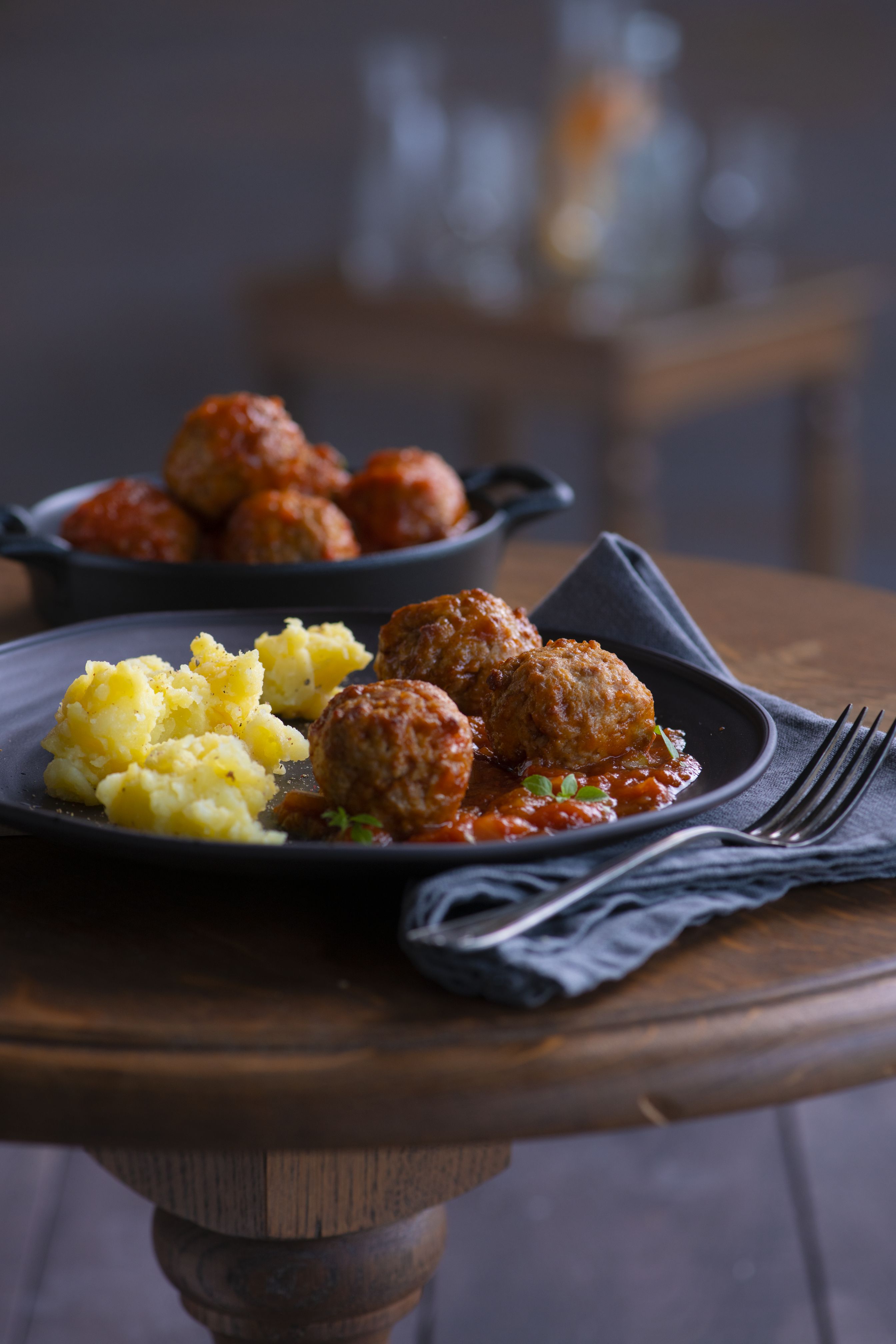
Convenience
Fribona’s meals or meal components for the market are vacuum-packed and frozen, resulting in a long shelf life. “This method helps to prevent waste and allows for a more efficient use of time, creating more opportunity to focus on other finishing touches for the products. Reheating 2.5 kilograms of frozen products in a steamer at 95°C takes 45 to 50 minutes.”
Number of single-person households is on the rise
“Single-person households and people living alone are increasingly opting for ready meals or meal components”, concludes Fribona’s CEO. “Some people no longer have the skills to cook.”
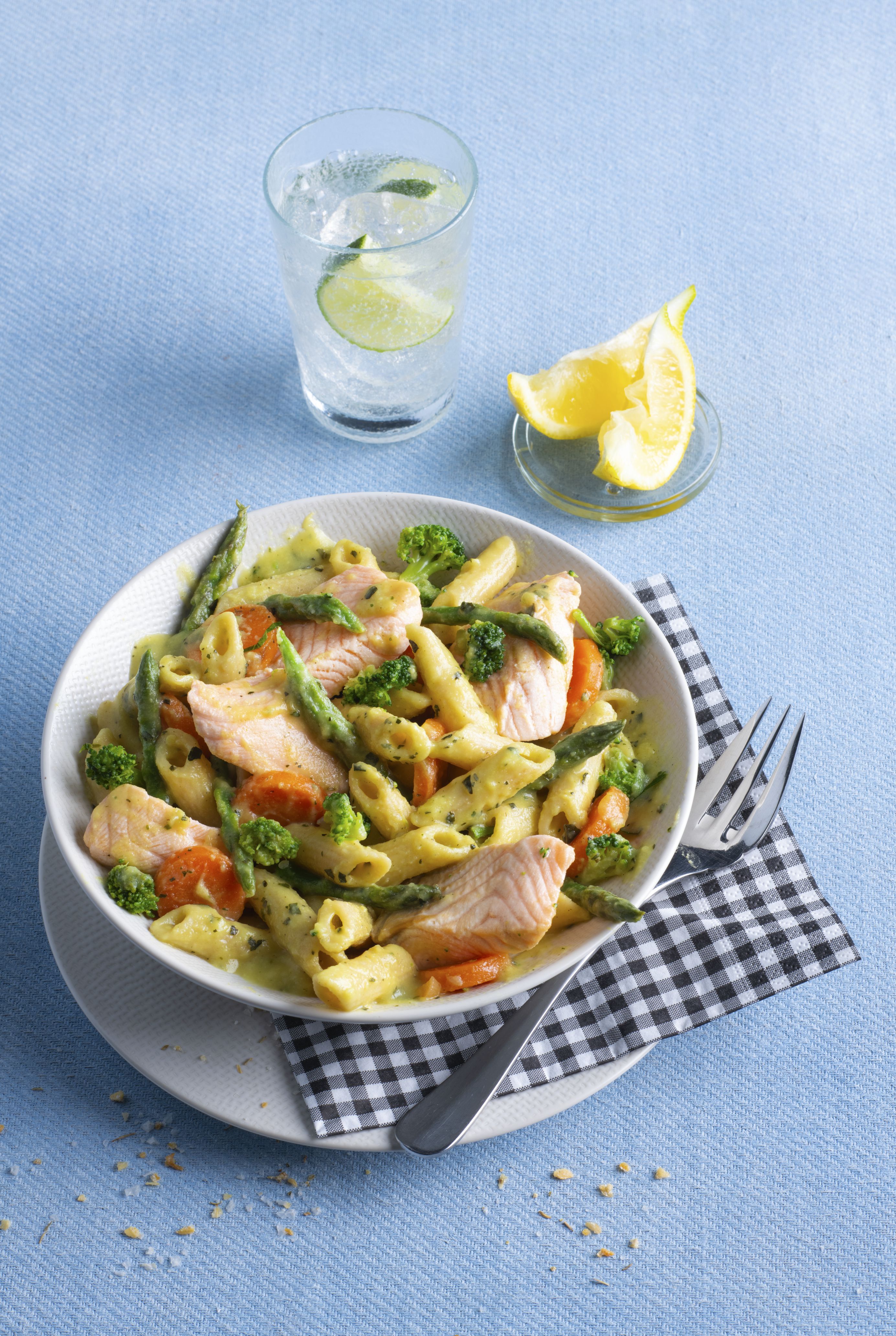
As from 1 January 2024, Belgium counted 5,163,139 private households, 36.1% of which were single-person households – around 1,865,000 in total. These figures show that single-person households represent a significant share of all Belgian households, with differences across the three regions: Brussels-Capital Region 47.1%, Walloon Region 37.4% and Flemish Region 33.3%. Expectations are that by 2060, single-person households in Belgium will account for 50% of all households.
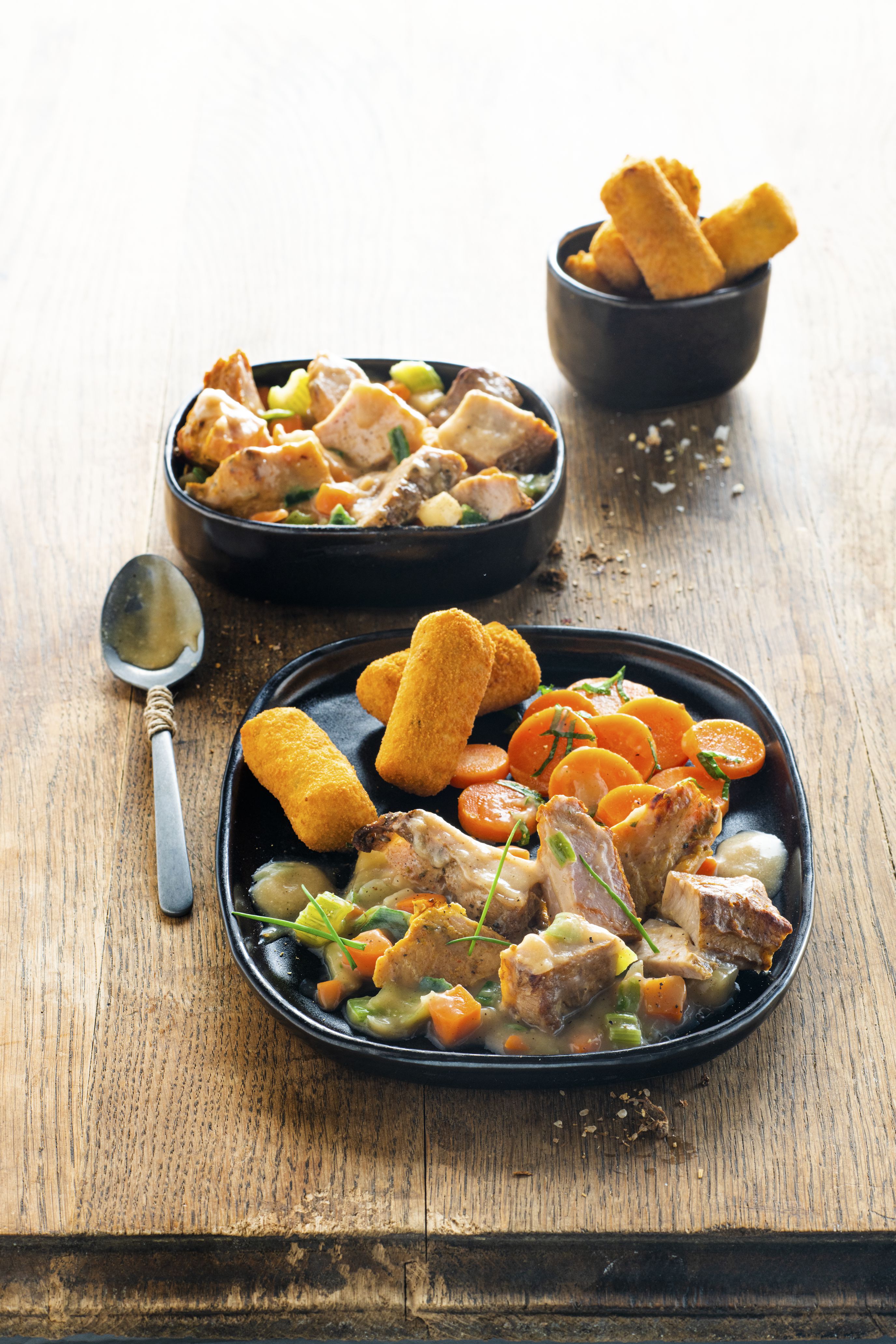
BreMA
In June 2024, Adriaens was appointed as the new president of BreMA, the sector federation for ready meal producers in Belgium. “We represent a sector consisting of 66 Belgian companies, whose 2,000 employees contribute daily to the production of high-quality ready meals. Together, they generate a turnover of €570 million. In Belgium, the market accounts for 208,500 tonnes of ready meals annually.”

Scientists from KU Leuven have discovered how oil penetrates snacks during and after the frying process. Recent research findings point to advanced frying techniques that reduce oil absorption, as well as innovative methods to limit oil uptake during the cooling phase. This paves the way for the development of healthier snacks without compromising...

Food companies are increasingly targeting a wider range of consumer groups. Speaking at an event organised by Fenavian, Julian Mellentin of New Nutrition Business said this strategy offers significant opportunities to respond to the diverse health needs and interests of today’s consumers. “Consumers enjoy both animal and plant-based proteins”, he...

Backed by financial partners, Start it @KBC is launching the accelerator programme Scale it Agro, aimed at scale-ups offering sustainable and innovative agricultural solutions for agriculture and horticulture businesses. Kjell Clarysse, programme director at Scale it Agro, goes into more detail.

With the right processing, Chlorella vulgaris can serve as a promising and sustainable protein source capable of replacing both plant-based and animal-derived proteins. While challenges remain around taste and the efficiency of protein extraction, microalgal proteins could serve as a supplement to sustainable and innovative food products. These...